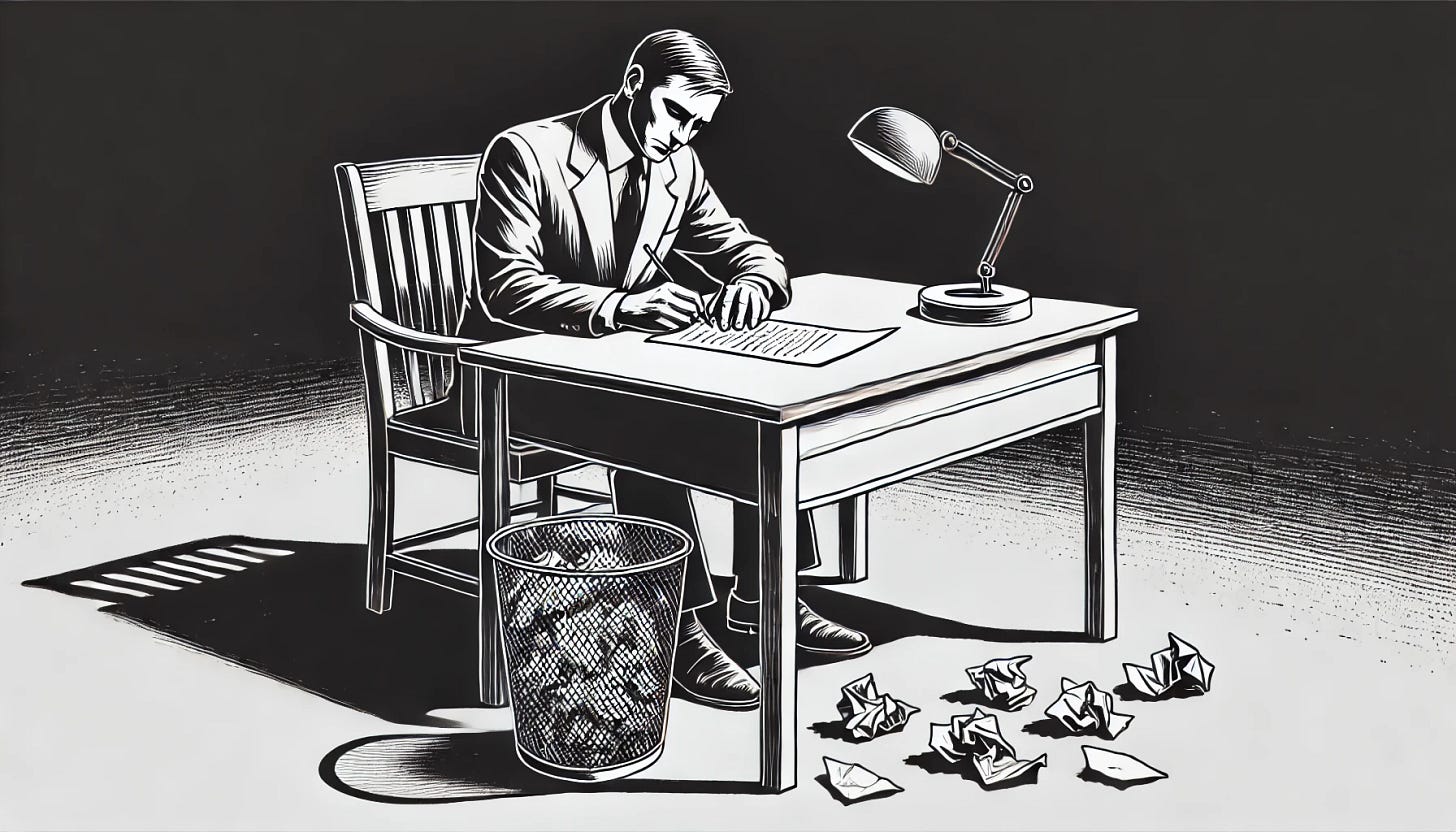Lessons You Can’t Learn by Winning
Insights from Marcus Aurelius to Modern CEOs
One of the hardest things you’ll ever do is teach yourself to appreciate failure.
Growing up in school, we’re often taught that mistakes and failures are something to avoid at all costs. Viewing the world through that lens, I came to realize that you can never truly grow as a person if you’re not okay with making mistakes.
Marcus Aurelius said,
“The impediment to action advances action. What stands in the way becomes the way.”
While he doesn’t directly mention failure, it’s a powerful reminder that the obstacles and failures we encounter are necessary on our path in life.
He also said,
“If someone is able to prove me wrong and show me my mistake in any thought or action, I shall gladly change.”
This quote highlights how failures and mistakes are essential for showing us what we need to change or improve about ourselves.
When I first tried building a business, I failed at more ventures than I can count. I tried dropshipping, print-on-demand, and even creating a clothing brand.
After going through all those failures, I realized I needed to pivot. I had to learn from my mistakes and focus on my weak areas—one of which was marketing—which ultimately led me to the career I have today.
Over the last four years, I’ve worked with CEOs and successful business owners, and I’ve often asked them about their opinions on failure. Their response is always the same: “Failure is a good teacher.”
If you’re not careful, the failure you try to avoid can become a prison of fear and complacency. People who see failure as a teacher learn the most valuable lessons—lessons you can’t learn by constantly winning.
One CEO I worked with had the mantra “fail fast.” He would often start projects with minimal preparation so he could quickly learn from mistakes made along the way.
Seneca said,
“It is a rough road that leads to the heights of greatness.”
Think of it this way: when you win, you know exactly what works. But what happens when it stops working? You need to test, to find out what doesn’t work, so you can discover what does.
Think of one recent failure—big or small. Ask yourself what it taught you. What did you learn from that failure?



